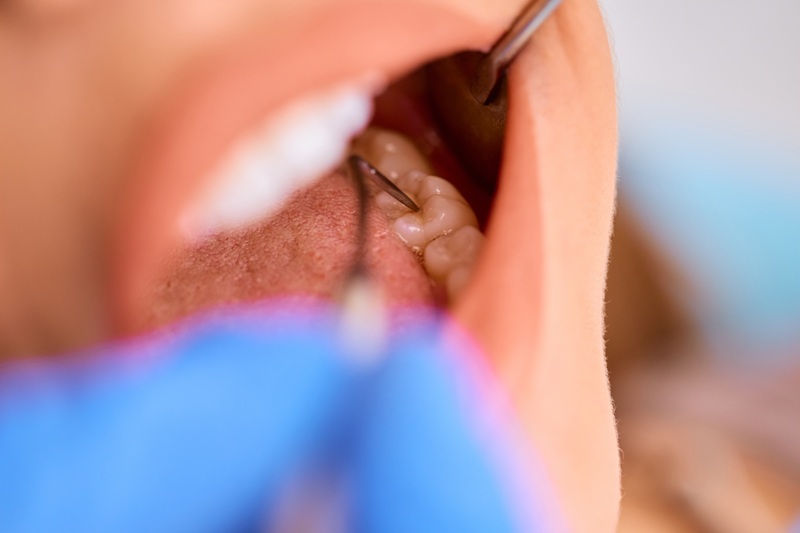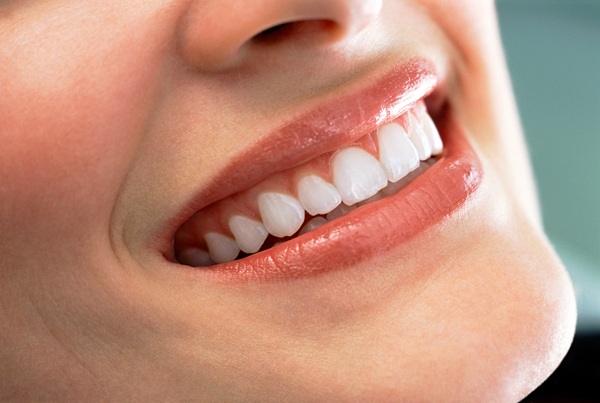Your molars are the large teeth at the back of your mouth that help you chew and grind food. They play a big role in eating comfortably and keeping your bite balanced. Because they sit at the back, many people think losing a molar tooth is not a big deal, after all, it’s not very visible when you smile.
But the truth is, losing a molar tooth can affect more than just your chewing. It can change how your teeth line up, affect your jaw, and even impact your overall oral health. Whether it’s from decay, gum disease, or having a molar tooth removed by a dentist, it’s important to understand what happens next and what you can do about it.
Let’s dive right in!
Why Do People Lose a Molar Tooth?
There are many reasons someone might lose a molar:
- Tooth decay – Cavities that go untreated can weaken a tooth until it cannot be saved.
- Gum disease – Infections in the gums can damage the bone that supports your teeth.
- Injury or trauma – Accidents or biting down on something too hard can break a tooth beyond repair.
- Dental procedures – Sometimes, a dentist may recommend extracting a molar tooth if it’s severely damaged, impacted, or causing crowding.
No matter the reason, losing a molar tooth sets off changes in your mouth that go beyond the empty space.
What Happens After Losing a Molar Tooth?
When you lose a molar, your mouth doesn’t simply “adjust.” Teeth are meant to work together, and when one is missing, the rest shift to fill the gap.
Here are some common effects:
1. Shifting Teeth
The teeth next to the missing molar may start leaning into the gap. This can cause crooked teeth or bite problems over time.
2. Trouble Chewing
Molars are designed for grinding and chewing. Without them, it can be harder to eat certain foods, especially tough meats, nuts, or crunchy vegetables.
3. Jawbone Changes
The bone in your jaw needs stimulation from chewing to stay strong.
When you stop using that area because of a missing tooth, the bone begins to shrink (a process called bone resorption). Over time, this can affect the shape of your jaw and even change your facial appearance.
4. Jaw Pain or Headaches
An uneven bite caused by missing molars can strain your jaw joint (TMJ). This may lead to jaw pain, stiffness, or even headaches.
5. Higher Risk of More Tooth Problems
Gaps from missing teeth can trap food more easily, making it harder to keep the area clean. This increases the risk of cavities and gum problems in the surrounding teeth.
Is It Okay Not to Replace a Molar?
Some people think that because molars are at the back and not visible, it’s fine to live without them. While it may not affect your appearance right away, the long-term effects can lead to bigger dental issues.
Not replacing a molar tooth can:
- Make chewing harder and less comfortable
- Cause other teeth to shift or wear down unevenly
- Lead to jawbone loss and changes in facial structure
- Put extra strain on your remaining teeth
For these reasons, dentists usually recommend replacing a missing molar, even if it’s not visible when you smile.
Options After Having a Molar Tooth Removed
If you’ve had a molar tooth removed or lost one due to decay or injury, there are ways to restore both function and appearance.
1. Dental Implants
A dental implant is a strong, long-term solution. A small titanium post is placed in the jawbone, acting as an artificial root, and a crown is attached on top. Implants look and function like natural teeth and also help keep your jawbone strong.
2. Dental Bridges
A bridge uses the teeth on either side of the gap as support, with a false tooth (called a pontic) in the middle. This restores your chewing function and keeps your teeth from shifting.
3. Partial Dentures
Removable partial dentures are another option, especially if you are missing more than one tooth. They are less expensive than implants or bridges but may not feel as natural.
Your dentist can help you choose the best option based on your oral health, budget, and needs.
Taking Care of Your Molars
The best way to avoid losing a molar tooth is prevention. Daily brushing and flossing, regular dental check-ups, and healthy eating habits all play a role in keeping your teeth strong. Wearing a mouthguard during sports and avoiding chewing very hard foods or objects (like ice or pens) can also prevent injury to your molars.
If you already had a molar tooth removed, keeping up with dental visits is important. Your dentist can monitor your bite, check bone health, and guide you toward the right replacement option before bigger issues develop.
Know Your Next Steps Today
Losing a molar tooth may not seem like a big deal at first, but it can affect your bite, jawbone, and overall oral health over time. Whether it’s from decay, injury, or extracting a molar tooth, replacing it is often the best way to protect your smile and avoid future problems.
If you’ve recently lost a molar or are facing the possibility of having a molar tooth removed, the team at Bellevue Hill Dental can help. Book an appointment today to discuss your options and keep your smile healthy for years to come.



